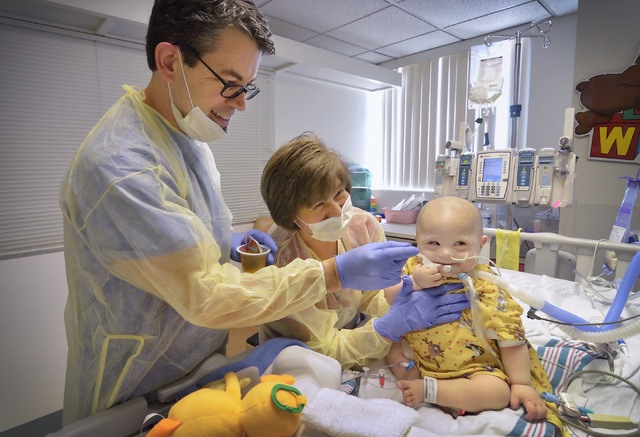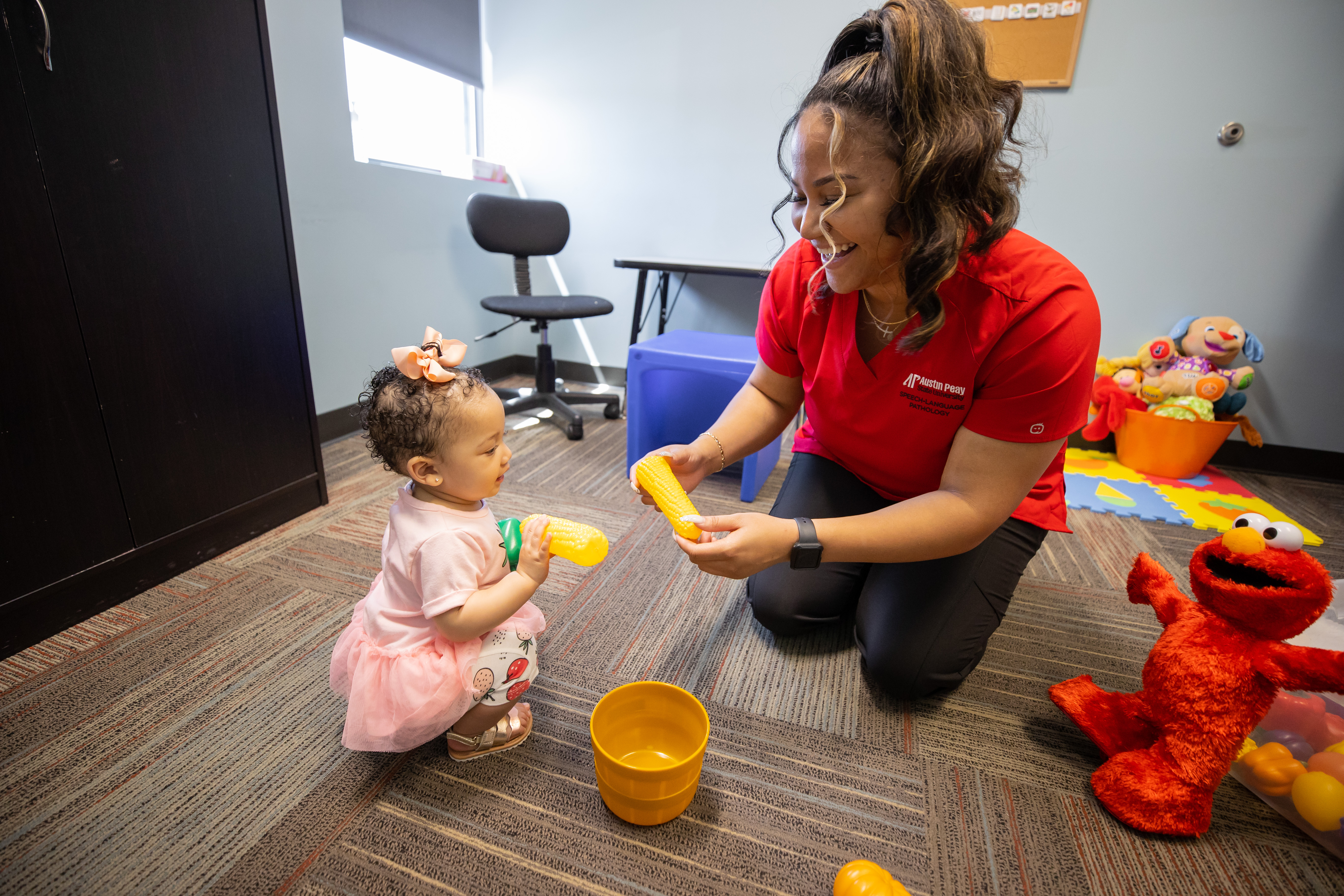What Makes a Reliable Speech Pathologist? Key Qualities to Look For
What Makes a Reliable Speech Pathologist? Key Qualities to Look For
Blog Article
How a Speech Pathologist Can Aid Improve Interaction Abilities
Reliable interaction is a foundation of professional and individual success, yet numerous people face difficulties that prevent their capability to reveal themselves plainly. A speech pathologist is geared up to attend to these obstacles via targeted evaluation and treatment approaches customized per person's demands. By utilizing evidence-based healing techniques, they not just function to enhance speech and language disorders but likewise enhance total communicative capability. Understanding the multifaceted role of a speech pathologist discloses just how their knowledge can transform lives, inviting a more detailed assessment of the certain approaches and outcomes linked with their technique.
Recognizing Interaction Conditions
Comprehending communication disorders is crucial for identifying exactly how they affect people' ability to reveal themselves and involve with others. Communication problems incorporate a broad range of difficulties that affect speech, language, and social communication, commonly impeding effective interaction. These disorders can emerge from numerous factors, including neurological conditions, developing delays, physical impairments, or psychological problems.
Speech disorders may show up as problems in fluency, articulation, or voice production, impacting how words are noticable or talked. Language problems, on the other hand, include obstacles in understanding or using language, which can hamper both spoken and non-verbal communication. Social communication conditions are identified by troubles in the practical facets of interaction, such as taking kip down conversation or understanding social hints.
The effects of communication problems are extensive, affecting not just the person's capability to communicate feelings and ideas but additionally their social partnerships, educational possibilities, and overall quality of life. Recognition of these conditions can promote compassion and assistance, encouraging effective approaches for communication and interaction. Understanding the complexities of interaction conditions is an important step in the direction of advertising inclusivity and dealing with the demands of those affected.
Function of a Speech Pathologist
Speech pathologists frequently play an important duty in detecting and treating interaction problems, employing an array of evidence-based techniques customized to every person's requirements. These professionals work with individuals throughout the life expectancy, from youngsters with speech delays to adults recuperating from strokes or stressful mind injuries. Their experience includes a selection of communication issues, consisting of articulation, language, voice, and fluency problems.
In healing settings, speech pathologists use structured treatments designed to improve communication abilities. They may apply methods such as speech exercises, language games, and social communication training to help with renovations in receptive and expressive language abilities. Speech Pathologist. In addition, they enlighten clients and their families about reliable communication techniques and flexible methods to navigate day-to-day communications
Beyond direct treatment, speech pathologists collaborate with various other medical care professionals, caregivers, and teachers to make certain a thorough technique to therapy. They advocate for customers by providing sources and assistance, making it possible for people to attain their interaction objectives and improve their general lifestyle. As specialists in the area, speech pathologists are necessary in cultivating reliable interaction, advertising independence, and improving social participation for those with communication difficulties.
Analysis and Medical Diagnosis Refine
The analysis and medical diagnosis process conducted by speech pathologists commonly entails a thorough examination to determine click to investigate communication disorders precisely. This process starts with an in-depth case history, where the clinician collects important information about the individual's medical, academic, and developmental history. Comprehending the context of the person's interaction difficulties is necessary for a precise medical diagnosis.
Complying with the instance background, speech pathologists use casual assessments and standardized examinations to review numerous elements of interaction, including speech audio manufacturing, language understanding, meaningful language, and social communication abilities. These analyses are customized to the person's age and particular issues, providing valuable information for evaluation.
Monitoring is also a critical element of the evaluation process, as it permits the medical professional to see direct exactly how the specific communicates in natural settings. Furthermore, interviews with member of the family and educators can supply insight right into the individual's communication difficulties throughout different atmospheres.
Once the evaluation is total, the speech pathologist synthesizes the findings to establish a diagnosis and advise proper interventions. This detailed analysis procedure ensures that individuals get targeted support tailored to their distinct communication needs, laying the foundation for effective therapeutic techniques.
Restorative Techniques and Methods
Countless restorative strategies and approaches are utilized by speech pathologists to attend to a range of interaction problems successfully. One extensively used approach is articulation therapy, which concentrates on dealing with speech seems with repetition and visual signs. This method is particularly beneficial for individuals with speech audio disorders.
An additional reliable method is language intervention, which enhances both meaningful and responsive language abilities. This may include interactive tasks that advertise vocabulary growth, syntax understanding, and conversational abilities. Additionally, speech pathologists commonly use social skills training to boost pragmatic language capabilities, allowing people to navigate social interactions more efficiently.
Fluency shaping and stuttering alteration techniques are particularly designed to assist those experiencing fluency disorders. These methods help customers establish smoother speech patterns and manage the psychological and physical components of stuttering.
Additionally, augmentative and alternate communication (AAC) systems are used for people with serious interaction problems. These systems, which can consist of motions, icons, or electronic devices, provide vital support for efficient communication.
Benefits of Speech Treatment

Furthermore, speech therapy can help in developing vital listening and understanding abilities, fostering far better communication in conversations. Individuals with cognitive-communication conditions can likewise benefit, as treatment concentrates on strengthening memory and problem-solving capacities, important for reliable interaction.
An additional crucial element is the emotional support offered during treatment sessions. Speech pathologists create a safe atmosphere, motivating people to overcome stress and anxiety and aggravation pertaining to their communication issues. This assistance can bring about enhanced self-worth and total psychological well-being.
Furthermore, very early treatment via speech therapy can avoid additional issues, making sure that people reach their full communicative possibility. Overall, the advantages of speech therapy expand past mere speech enhancement, positively affecting numerous measurements of life for those influenced by communication problems.
Conclusion
In summary, speech pathologists play a critical role in addressing communication problems through evaluation, medical diagnosis, and customized restorative treatments. By using evidence-based techniques, these experts enhance individuals' speech and language abilities, promoting boosted clearness, fluency, my company and social interaction skills. The benefits original site of very early treatment highlight the value of seeking aid from speech pathologists, as their know-how can substantially enhance communicative possibility, ultimately causing greater success in both individual and specialist spheres.

Speech pathologists regularly play a crucial role in dealing with and identifying communication conditions, employing an array of evidence-based methods customized to each person's requirements. As experts in the area, speech pathologists are crucial in fostering efficient communication, advertising independence, and boosting social involvement for those with communication obstacles.

Report this page